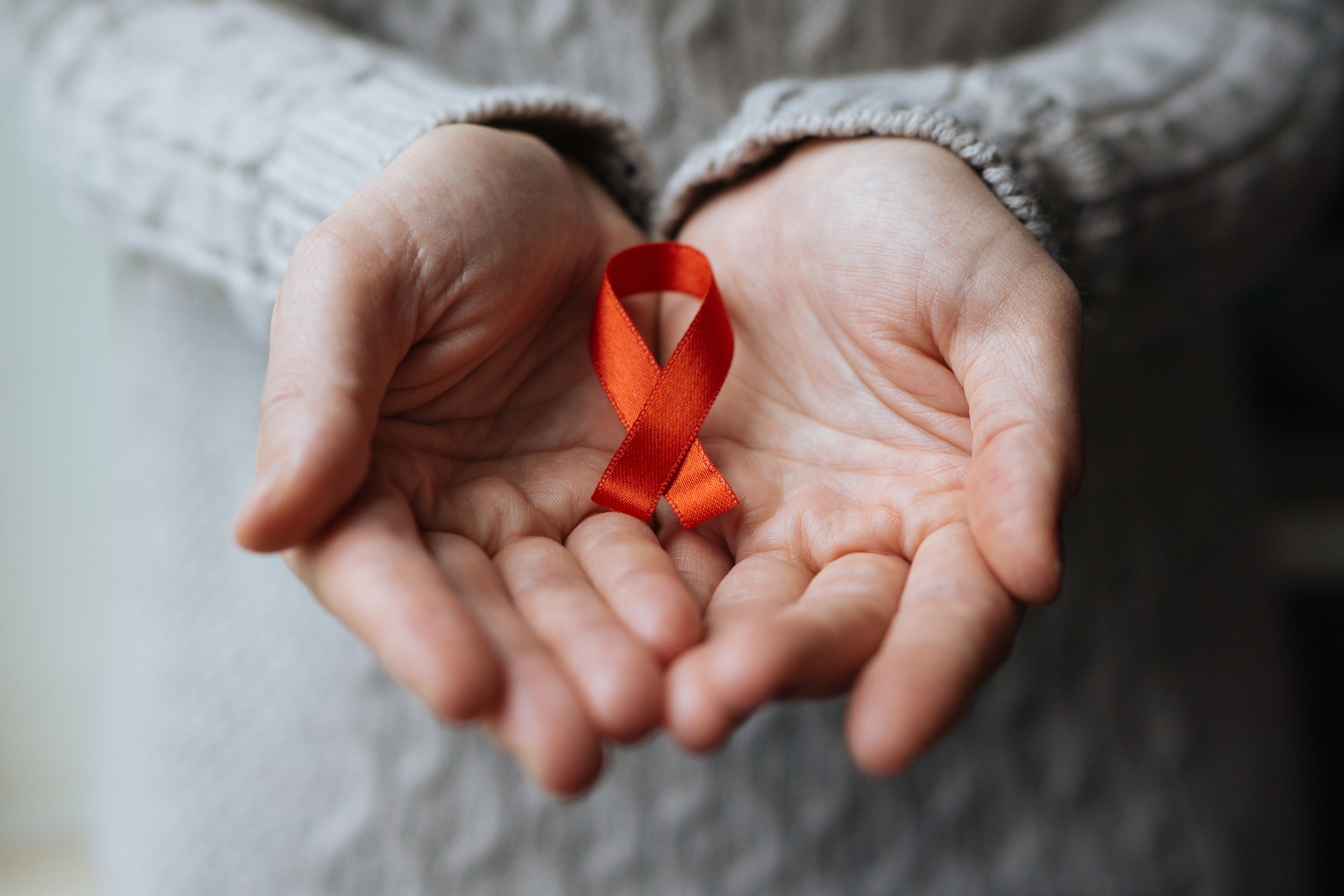
A recent publication in Nature documented the second patient to sustain remission from HIV-1 after ceasing treatment. These findings were generated from partners at the University of Cambridge and the University of Oxford, and come ten years after the first case in which a patient, known as the ‘Berlin Patient’ was fully treated from HIV-1.
Both of these patients who have successfully retained remission from the disease underwent therapy with stem cell transplants from donors who carry a genetic mutation that prevents expression of the HIV receptor CCR5.
The patient in the new study has retained HIV-1 remission for 18 months since cessation of his antiretroviral therapy. The authors note that it is too early to claim that the patient has certainly been cured of HIV, and that his condition will be monitored continuously.
“At the moment the only way to treat HIV is with medications that suppress the virus, which people need to take for their entire lives, posing a particular challenge in developing countries,” said Ravindra Gupta, lead author and professor (UCL, UCLH and University of Cambridge). “Finding a way to eliminate the virus entirely is an urgent global priority, but is particularly difficult because the virus integrates into the white blood cells of its host.”
Though nearly 37 million people have been diagnosed with HIV in the world, only 59% of them are receiving antiretroviral therapy and viral-resistance to these drugs is becoming an issue. Additionally, almost one million of these HIV patients die annually.
The patient detailed in this most recent study is a male who lives in the UK who was diagnosed with HIV in 2003 and has received antiretroviral therapy since 2012. That same year he was also diagnosed with advanced Hodgkin’s lymphoma. This man, who has opted to remain anonymous, received chemotherapy for the cancer, and a haematopoietic stem cell transplant from a donor with two copies of the CCR5Δ32 allele in 2016.
READ MORE: HIV Treatment Could Potentially Treat Alzheimer’s and Age-Related Diseases
The CCR5 is known to be the most commonly utilized receptor by HIV-1, and those with two mutated copies of the receptor’s allele are resistant to the HIV-1 strain that uses this receptor. In these cells containing mutated receptor genes, the virus cannot enter the host cells.
Chemotherapy is effective in combatting HIV in that it kills cells that are proliferating, and replacing immune cells that do not have the CCR5 receptor seems to play an important role in promoting HIV remission after treatment.
The transplant showed little complication, with some side effects including mild graft-versus-host disease, a condition in which the donor immune cells attack the recipient’s immune cells. The patient continued antiretroviral therapy for 16 months after the transplant, at which point treatment was stopped to observe whether the patient was displaying remission of HIV-1.
READ MORE: New Treatment Affective Against Drug-resistant Bacteria
Testing confirmed that the HIV-1 load was undetectable in the patient, and has continued to be this way for 18 months since cessation of antiretroviral therapy. This patient’s immune cells remain unable to translate the CCR5 receptor protein, showing that the mutated copies of the CCR5 gene are still present in the cells.
Being that he is only the second human ever to show sustained remission from HIV without antiretroviral use, this is an extremely profound event in developing treatments for the disease. The first patient to do so a decade ago also received a stem cell transplant from a donor with two mutant CCR5 alleles. Contrastingly, this first patient received two transplants and underwent total body irradiation, while this patient only received one transplant and less severe chemotherapy.
“By achieving remission in a second patient using a similar approach, we have shown that the Berlin Patient was not an anomaly, and that it really was the treatment approaches that eliminated HIV in these two people,” said Professor Gupta.
Second person cured of HIV. An important advance in medicine which informs research into the #CCR5 gene.
A decade after the first person was cured of HIV, a second patient is in long-term remission https://t.co/TTJeNJgZkc— Twist Bioscience (@TwistBioscience) March 6, 2019
READ MORE: FDA Approves Ketamine-Derived Nasal Spray Treatment for Depression
Source: Science Daily







 © 2025 Mashup Media, LLC, a Formedics Property. All Rights Reserved.
© 2025 Mashup Media, LLC, a Formedics Property. All Rights Reserved.